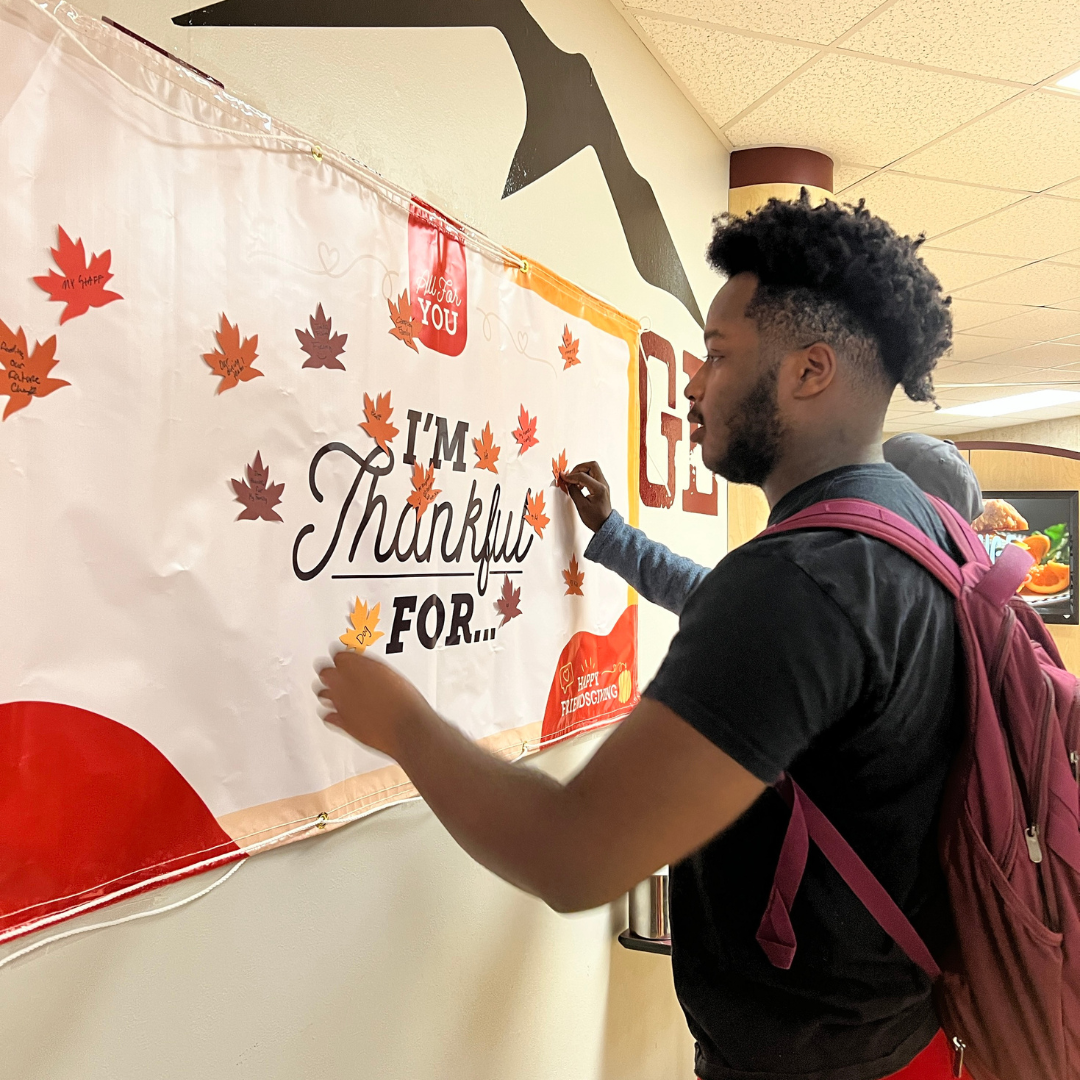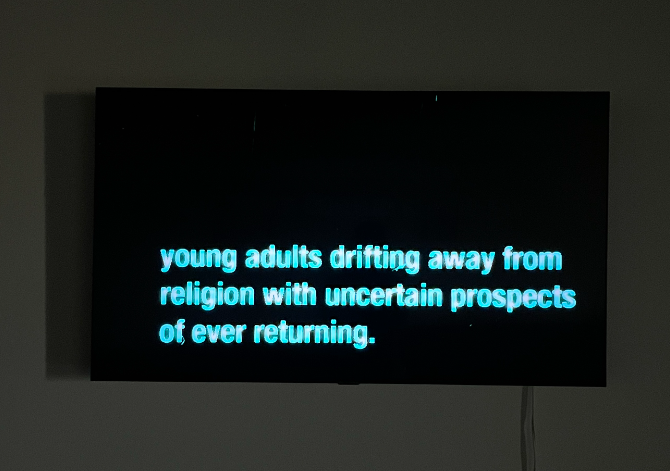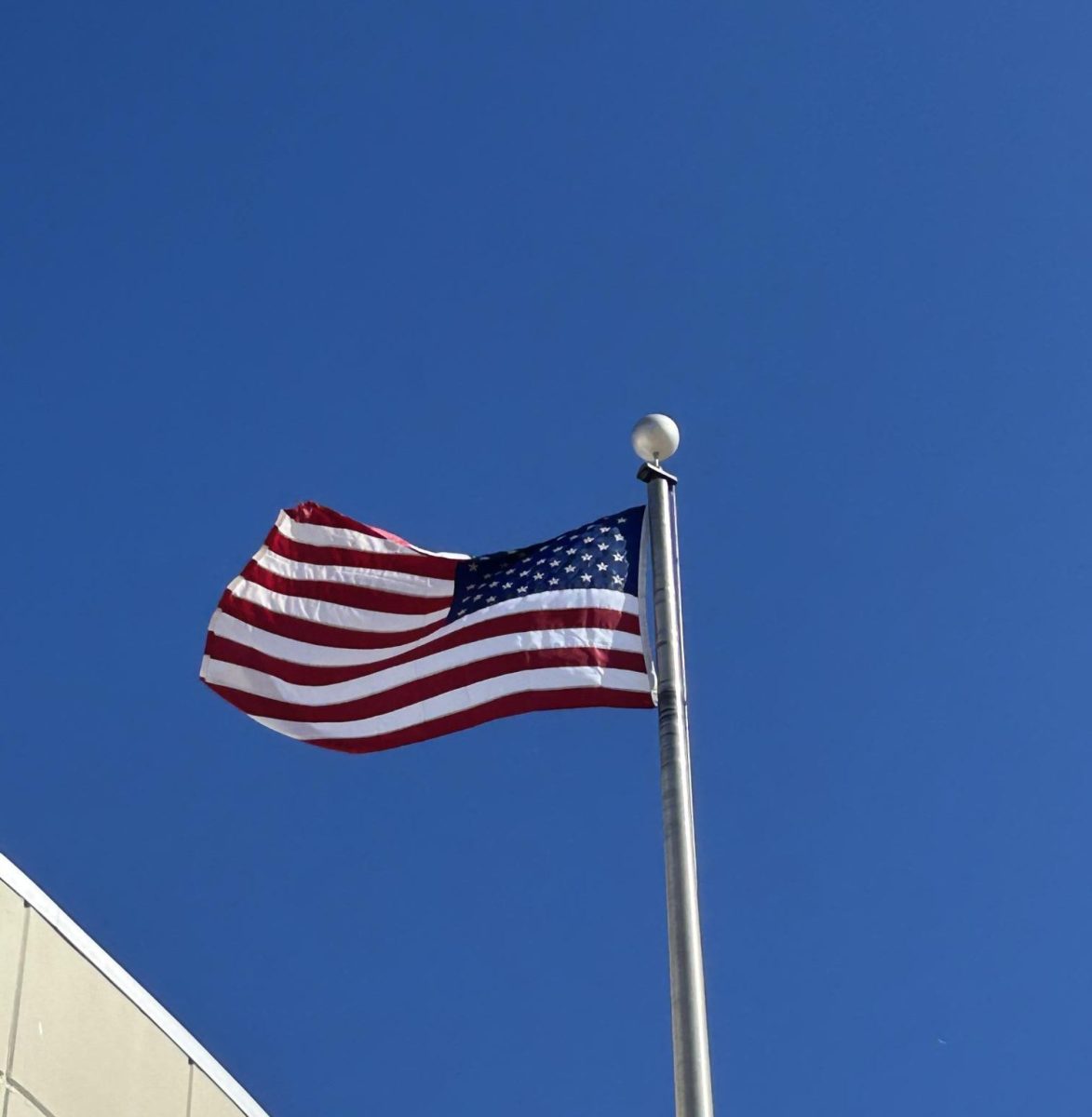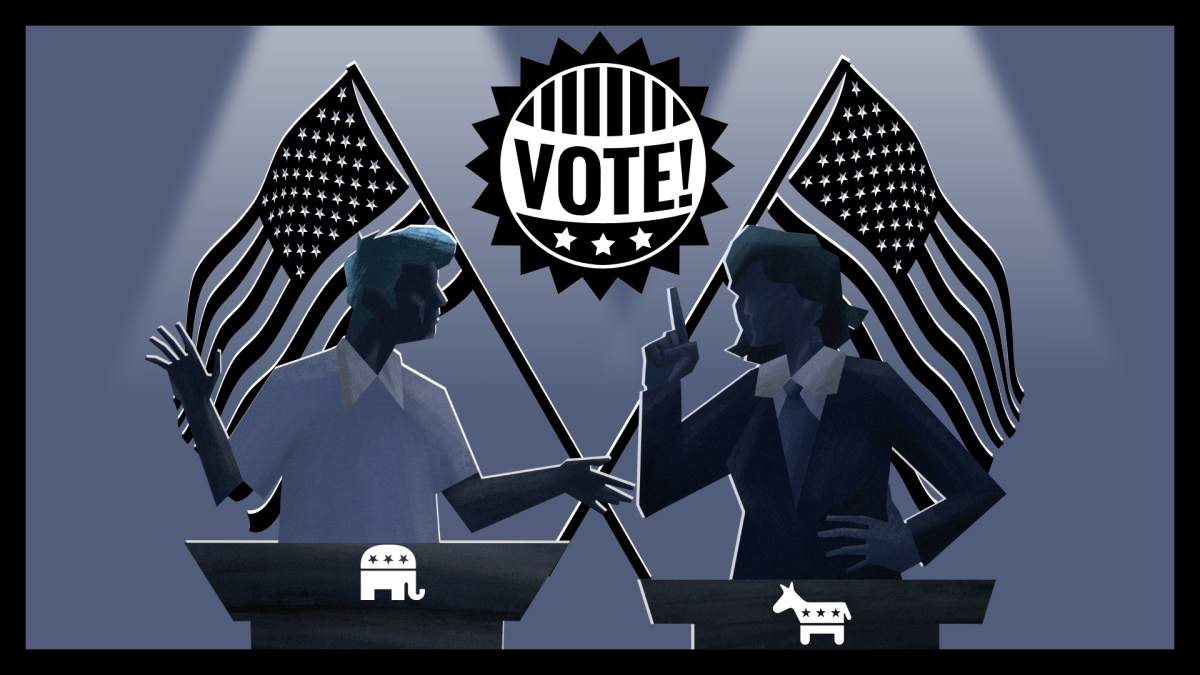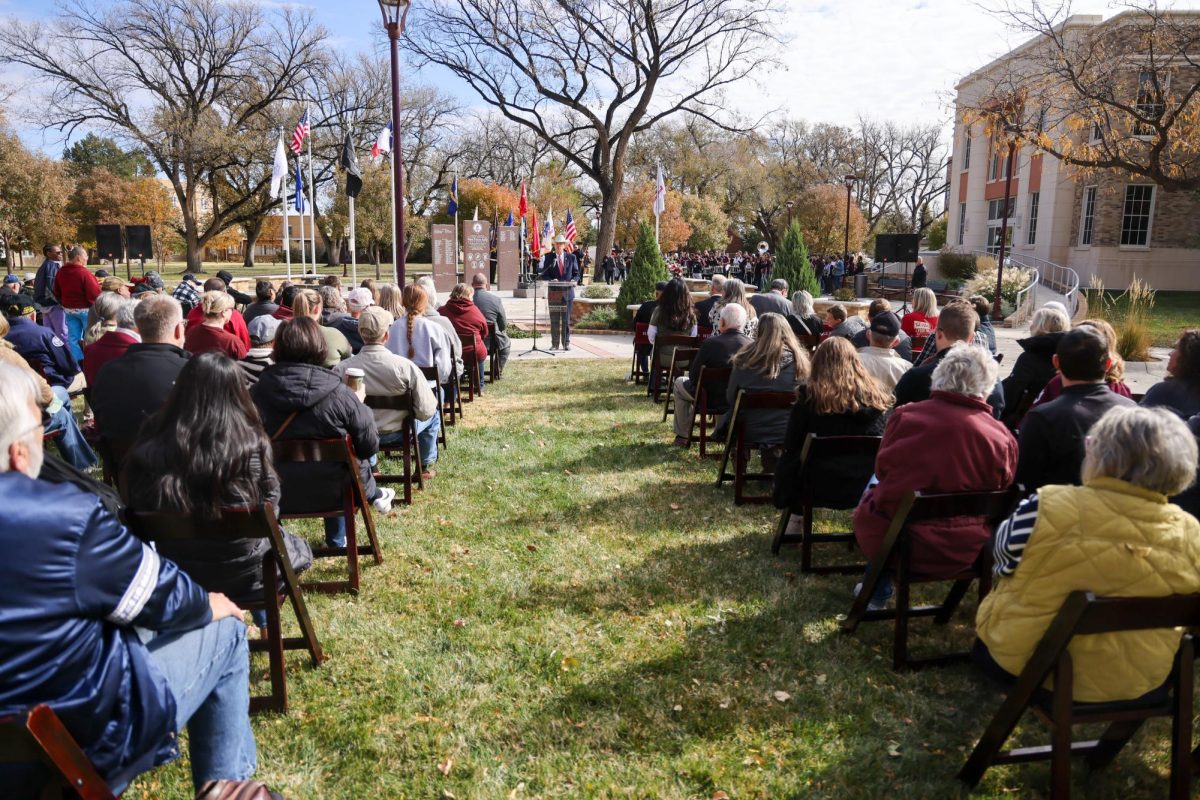
On Oct. 8, the Jack B. Kelley Student Center was filled with students looking for something other than lunch — a chance to register to vote.
“We want to get college students aware of voting rights,” Temitayo Fakiyesi, senior Health Science major and deputy registrar with the NAACP, said. “We just want everyone to vote. It’s our passion to make students aware.”
Some students registered for the first time, like Jonathan Rolden, sophomore Psychology major.
“It’s not complicated at all,” Rolden said. “I liked that it was so straightforward. This is my first time voting. I’m excited to vote.”
Others, like Fakiyesi, are also going to be first-time voters in the upcoming election.
“Well, this is my first time getting registered and actually, it’s my first time voting,” she said. “I’m definitely passionate about it as well.”
As of Oct. 9, voter registration has ended in Texas. However, registering may not be the final step for many student voters. Students who live outside of Randall Country must either travel home or vote absentee.
“You register to vote where you live, and the challenge for students would be defining where they live,” Dave Rausch, political science professor, said during a registration drive in Centennial Hall. “I know in some cases, you live where your parents tell you to live. So, I know some students in my class, they’d like to register to vote in Randall County but their Dad says they have to vote in Wheeler county. So that’s one issue.”
Marie McNutt, Randall County Clerk, agreed.
“They’ll need to contact their county and ask for an absentee ballot. Their county would send them the application,” she said.
Victoria Stone, sophomore Mass Communication major and absentee voter said the process for absentee voting was fairly simple.
“They send you a ballot and you fill out what election you want,” Stone said. “They can send you multiple applications and then they send you the ballot. They will send me the election ballot in November and I will have to send that back to the election clerk back in my county.”
Although absentee voting may be simple, it’s been a difficult year for Texas lawmakers and voting rights activists alike. According to reports by Emily Schultheis from Politico, the state’s controversial voter identification law has been overturned. Supporters of the law say it combats voter fraud in the Lone Star State. Opponents, on the other hand, argue it disenfranchises minorities, according to the Texas Tribune.
The controversy has left some students unclear about what they need to bring to the polls.
“There is definitely an issue there, with the IDs,” Rausch said. “It’s still being held up in court, so you don’t need an ID to vote. If you don’t have your voter registration card, then you have to show some form of ID.
Issues that matter most for some students in the voting arena include immigration reform and education.
“Definitely what’s going on with college student loans,” Fakiyesi said. “Things that will apply to me as a college student, that will affect me… for instance, just retirement and things like that so I know what’s going on.”
Other students are more concerned with the economy.
“Debt and all the other stuff that I, personally, have issues with,” Stone said. “Certain things come into play, but that’s about it. I just don’t really want the economy to go further down then it has.”
No matter the issue, Rausch emphasized the importance of voting.
“It’s still important to vote,” Rausch said. There are local elections. Next year we’ll be voting in a bunch of local elections. Next spring we’ll have Canyon elections and there’ll be Amarillo elections and some school board elections next year as well that. In local elections, your vote makes much more of a difference.”






